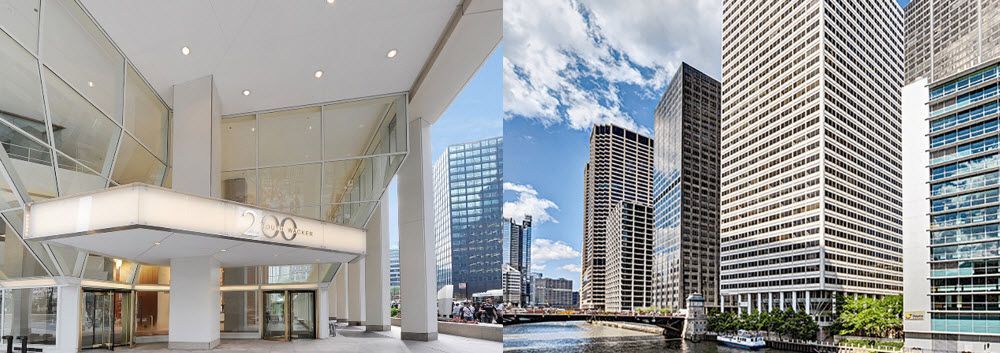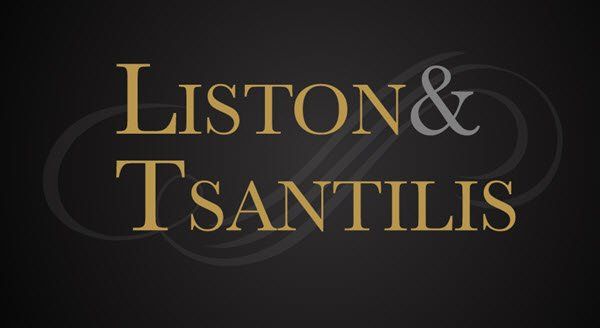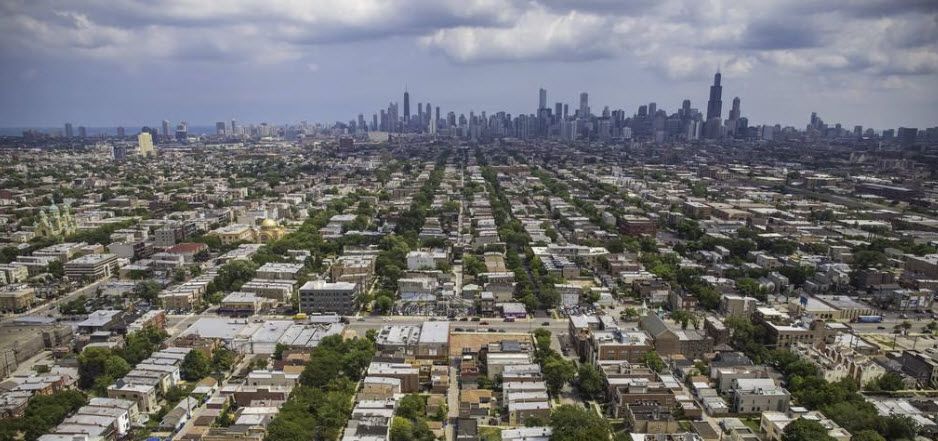Chicago’s Economy Cannot Afford Another Tax

The Bring Chicago Home Proposal Would Quadruple the Real Estate Transfer Tax. The proposed three-tiered
system discourages global investment by increasing transfer taxes on properties valued at $1 million and above.
While transfer tax on properties under $1 million will decrease slightly from .75% to .6%, properties over $1
million will see significant increases in the midst of market turmoil:

- With this increase, Chicago would have one of the highest transfer taxes compared to competitive cities.
- The cities of Atlanta, Austin, Boston, Dallas, Denver, Houston, Indianapolis, Miami, Minneapolis, and Nashville do not assess transfer taxes; 14 states do not assess a transfer tax, including Indiana and Texas.
The Proposed Transfer Tax Increase Hurts Renters, Homeowners, and Local Neighborhoods
- Renters will see rising rents, as costs to purchase housing units are passed down to tenants.
- There are nearly 32,000 properties worth $1M or more in Chicago subject to the transfer tax.
- Many small neighborhood residential buildings with ground level retail are valued at $1M or more.
- An increase will keep grocers, health care facilities, and small businesses out of neighborhoods.
- Many Chicago families pool resources to live in multifamily buildings and may rent out a unit – this tax takes away tens of thousands of dollars from families trying to build wealth.
- Tax increase impedes development and maintenance of affordable and market rate rental apartments.
Record-High Office Vacancies Will Shift Property Tax Burden to Homeowners
- Downtown offices have a record-high vacancy of 22%, with less than half of workers returning.
- Office buildings anticipate 40-80% drops in value, which will increase residential property taxes 10-20%.
- Building transactions and conversions to affordable units will be hampered if transfer taxes increase.
- Tax increase on top of increased commercial property taxes further impedes development, union job creation, and tax base growth for schools, public safety, and more.
The Proposed Tax is a Blank Check—Work with All Stakeholders to Develop a Thoughtful Plan
- This transfer tax increase does not include a real plan to increase housing for the homeless.
- We should understand the effectiveness of current homelessness funding before raising taxes.
- The City’s 2023 budget allocated a substantial $200M toward homelessness programs.
- The City’s 2023 budget also allocated funding for rapid rehousing and affordable housing projects.
- Only 15% of $52M in federal funds for homelessness have been spent.
- All stakeholders should be involved to develop a thoughtful plan to support the unhoused.
For More Information, contact Amy Masters at BOMA/Chicago at amasters@bomachicago.org or 312.870.9612.









